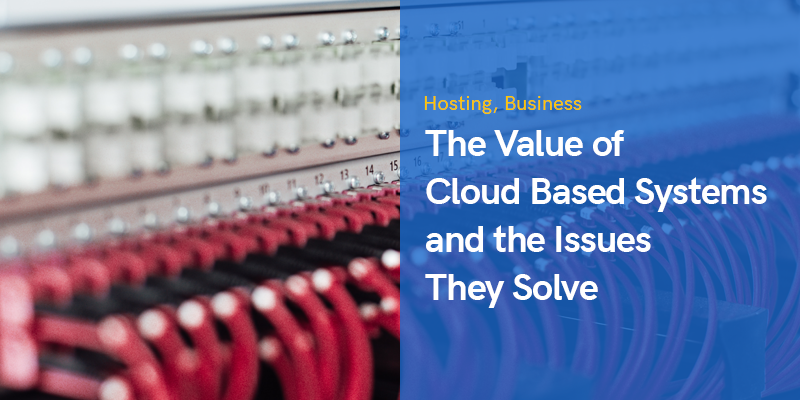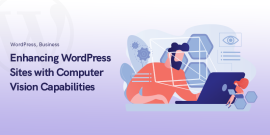
The Value of Cloud-Based Systems and the Issues They Solve
The modern medical field is reliant on having access to mission-critical customer data.
It is this need that drives David Geithner Chief Financial Officer at ReactiveCore in their mission to assist healthcare providers with the best in cloud-based technology.
Their services allow healthcare providers to have access to many information sources when serving their patients.
As a medical professional you are no doubt aware of how much information a patient’s records can contain and how difficult getting all this information in one place can be.
Value of Cloud-Based Systems and the Issues They Solve
There are solutions to bringing data together and increasing accessibility using the latest in technology.
The Value of Linking Data
Modern healthcare is dependent on linking together various systems and sources of data during all forms of treatment.
These data sets can include the personal records of the patient such as their name, personal identifying information, and medical history.
There are also their records as it relates to their healthcare such as who their provider is and all associated information.
Finally, there is the financial side of it with insurance, existing bills, payment plans, and various other institutions.
All of this varied information is a part of the healthcare process and all of it is important.
However, getting all of this information linked together in one place is a challenge.
In addition to each entity having their own separate information databases, for example, insurance companies and their information versus the information a hospital has, there is also the chance of information silos within single companies.
The Dangers of Silos
Data silos are an all-too-common component of business and that includes the healthcare industry.
Data silos refer to the separation of data from various parts of the same organization.
This can occur due to older systems, isolated databases, or making use of platforms that cannot connect to each other or outside networks.
You often see this in corporations or service providers who have long-established and well-entrenched systems in place for daily business.
These systems can be years old, and predate the interconnectedness you see in the modern world.
These systems often store all their information locally which can make accessing outside information far more difficult.
More than just an annoyance that makes tasks take longer data silos can also reduce the amount of care and service you can provide.
As a user, if you encounter such systems, you have easy access to on-site information but when you need to add new data or outside information to it the process slows down greatly as you have to reach out for records.
A cloud-based system can connect you to various outside data sources providing you with relevant information in real-time without the need to make phone calls or send emails requesting relevant records.
Using Cloud Technology
One of the best ways to combat information siloing and also link valuable data together is to use cloud-based systems.
A cloud-based system is so named because it is not reliant on a singular localized database.
A cloud system is accessible from anywhere you have internet access and the proper access tools such as passwords or VPN log-ins.
Plus, a cloud-based platform can pull data from several sources providing you a full picture of the information you’re looking for, such as a patient’s profile, insurance information, and medical history.
Cloud systems not only bring all these systems together, but a skilled service provider will also provide software to search all this collected information easily and efficiently.
By using algorithms, a data as a service provider ensures that when you use their system the data you pull is relevant even when it's coming from hundreds of different sources.
Final Thoughts
Information is essential for providing medical patients the best of care.
Implementing cloud-based services gives you easier access to various sources of relevant information.
This not only improves patient care it also makes the process easier for medical professionals as they don’t have to consult multiple sources or reach out to external companies for common (and needed) information.
However, developing such a system in-house requires technological skills, time, and resources most healthcare providers do not have.
Luckily, there are software companies and data as service providers who can help implement a cloud-based information system to keep you updated on patient information and various needs.
Recommended Posts

Top 6 Free Windows Screen Recorders for Your Personal Blog
February 8, 2024

Virtual Meeting 101: Conduct Meetings Like a Pro
January 1, 2024

Enhancing WordPress Sites with Computer Vision Capabilities
December 27, 2023